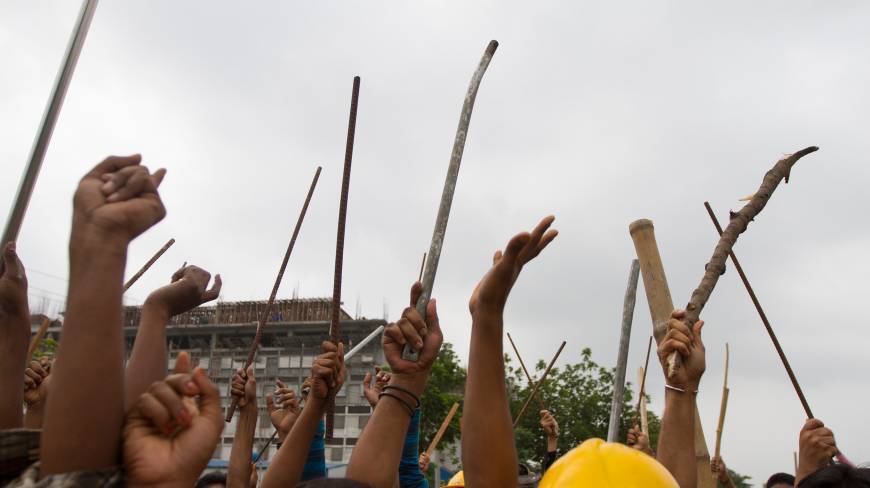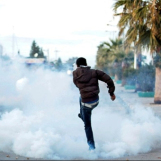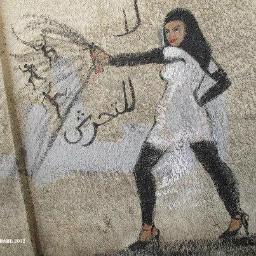“Poverty in itself does not make men into a rabble; a rabble is created only when there is joined to poverty a disposition of mind, an inner indignation against the rich, against society, against the government.”
-G.W.F. Hegel, Philosophy of Right

Αναδημοσιεύουμε από το kasamaproject αυτό το κείμενο ανάλυσης της συγκυρίας/ κριτικής στο κείμενο Από τη Σουηδία στην Τουρκία: Η άνιση δυναμική της εποχής των ταραχών (Woland/blaumachen & friends).
The World’s on Fire, Again
With global capital still passing discontent from continent to continent like a game of hot potato, it’s now an oft-stated adage that we live in an “era of riots.” Blaumachen, a Greek theoretical collective often associated with the communization current, has posted a new article updating its previous analyses of this global trend. Despite accusations of obscurantism leveled at many groups in the communization current, collectives like Blaumachen are at least admirable in their attempt to craft a recognizable analysis of current events out of the more abstract economic and political theory put forward by other theoretical collectives such asThéorie Communiste and Troploin.
In their newest work, Blaumachen propose that the current era of riots exhibits a global unevenness which can be anatomized into four distinct dynamics. This uneven dynamism is evidenced by recent unrest in countries like Sweden, as well as the “IMF miracle” countries, Turkey and Brazil. The mass mobilizations in these countries seem to pose new limits and prospects for global revolt in the present moment.
In Blaumachen’s schema, the global dynamics are as follows:
- Riots of the excluded. These are riots such as those in the Stockholm suburbs this year, across England in 2011, and in the French banlieues in 2005. Presumably, this also includes things like the Flatbush Rebellion here in the US. Their participants are generally unemployed, homeless and/or immigrant youth, those resigned to a (sub)urban underclass, constantly harassed by police, with little hope of any advancement or even formal incorporation into the legally-recognized economy. These riots take place mainly “in countries which are high in the capitalist hierarchy.”
- Riots of the middle-strata. These are riots, rebellions and occupations such as those across Turkey in 2013, the Squares movement in Greece and Spain in 2011-12, and the revolts of the Arab Spring (presumably excluding events in Libya and Syria). Here participation is more diverse, but the key factor “is that the so-called ‘middle-strata’ are involved, and their ‘democratic’ discourse is constitutive for the movements produced.” These riots “take place mainly in countries in the second zone and the so-called ‘emerging economies,’” though the inclusion of Spain signals that this very geopolitical stratification is increasingly threatened by the deepening of the crisis itself.
- Revindicative movements. These are riots, strikes, mass protests and blockades concentrated mostly in the booming economies of China and Southeast Asia. They take the form of “revindicative” struggles, meaning that they are making specific claims contra capital and winning gains of higher wages, lowered hours, increased safety and benefits, greater environmental regulation, etc. Examples are the massive waves of worker unrest in China, including the Foxconn suicides, strikes and riots of 2009-2013, the Honda strike in 2010, and the recent Hong Kong dock strike/occupation, as well as similar actions by workers in Vietnam, Cambodia and elsewhere.
- State-integrated resistance. This is the least theorized of the categories, though probably the most relevant with recent events in Brazil. This dynamic “concerns the development of the contradictions in Latin American countries, which have managed to integrate resistance to neoliberalism into the state,” apparently covering events in the Populist Latin American governments like Brazil and Argentina, as well as the ostensibly “Socialist” ones, such as Bolivia and Venezuela.
Blaumachen add that, though the first and second dynamics appear increasingly connected and sometimes intersectional, it is not evident if or how the third or fourth dynamic connect with each other or with the first two—though Brazil may be currently overturning this rule. Blaumachen’s focus is instead on the first two dynamics, and specifically on whether or not the state will be able to keep them from catastrophically intersecting in a time of crisis.
Many might oppose this sort of approach entirely, arguing that the imposition of artificial categories onto something as heterogeneous as global mass uprisings is a hopelessly abstracted procedure. The critique has some truth to it, in that we can never hope to reduce peoples’ struggles to our analytic categories—and these categories themselves, if transmuted into a dogma, will tend to blind us to ground changes in the real world. This, of course, happens frequently in vulgar Marxist currents, with people attempting to apply Lenin’s theory of imperialism, for example, as if it were an invariant law of nature, regardless of era or context. But the actual Marxist approach has always sought to be a living one, responsive to (and in fact generated by) peoples’ motion. This motion, of course, cannot be understood without a critical understanding of capitalism’s own fundamental drives—which is not the same as arguing that we ought to reduce the former to the latter.
Blaumachen’s analysis, in this context, is clearly driven by this living spirit in Marxist analysis. It follows from peoples’ own momentum in the real world, rather than attempting to simply apply analytical schema (whether drawn from economics or poststructuralism) from above. It avoids the normal Eurocentrism of most insurrectionary material while at the same time acknowledging that the riots within Europe are themselves often linked to distinct racial and class differentials—also implying that these riots are not entirely disconnected from imperial endeavors outside the US and Europe. But it has a few strange omissions. The authors offhandedly dismiss Occupy as simply “an activists’ movement […] not a mass movement,” while never even mentioning radical indigenous struggles and rural uprisings, such as the repeated occupations and blockades in British Columbia and Quebec, Idle No More, recent actions by the Zapatistas and new armed occupations by indigenous groups in Cherán, Mexico.
Continue reading →





